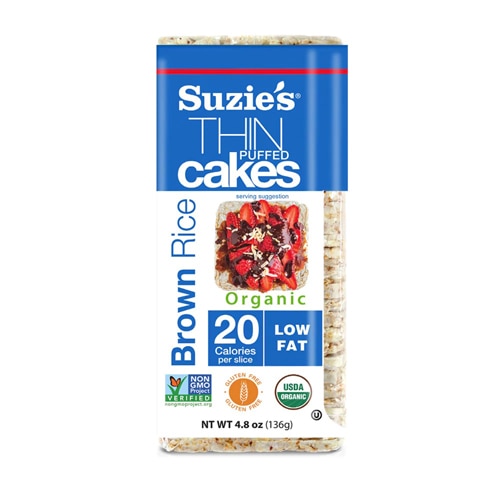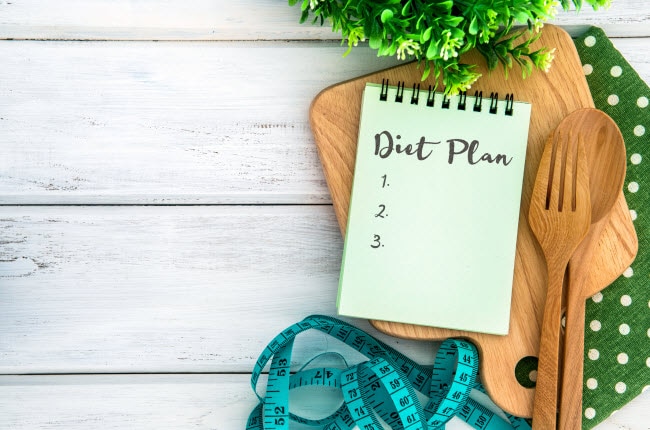Are you just above a healthy weight, or maybe carrying a few extra pounds? You're on the way to better health, and that's great! But there is more you can do.
In fact, dropping just 300 calories from your daily diet can significantly improve your health, according to researchers at Duke Health.
As part of a Duke study, participants were asked to cut calories by about 25% a day and to maintain that level for two years
The researchers found that these participants -- who already were relatively svelte -- significantly improved their cholesterol, blood sugar and blood pressure readings.
The researchers speculated that reducing calories might trigger a complex metabolic change that results in the health improvements.
In fact, consuming fewer calories has many benefits, says Nancy Farrell Allen, a registered dietitian nutritionist and spokesperson for the Academy of Nutrition and Dietetics.
“Most notably, taking in fewer calories may help in weight management,” says Farrell Allen, who is also founder of Farrell Dietitian Services in Fredericksburg, Virginia.
Farrell adds that ingesting fewer calories has been associated with a decreased risk of:
- Diabetes
- Cardiovascular disease
- Cancer
- Alzheimer’s disease
Tips for cutting calories
The best way to zap 300 calories from your daily diet is to reduce calorie intake throughout the course of the day, Farrell Allen says.
“Try by decreasing 100 calories three times a day,” she says, adding that you can cut back at both meal and snack times.
Farrell Allen suggests a handful of ways to achieve a quick reduction of 100 calories from morning to evening, such as:
Breakfast: Switch from a purchased, flavored coffee creamer to reduced-fat milk and a flavored extract. For example, if you enjoy hazelnut-flavored creamer that you buy in a store, opt instead for milk and hazelnut extract.
Morning snack: Instead of a donut, eat two mini blueberry muffins or a banana.
Lunch: Choose grilled meat over fried meat, or skip the cheese on your burger.
Afternoon snack: Ditch the sugary sweetness of candy for a combination of carrots, celery, red pepper slices, cocktail cucumbers and hummus.
Dinner: When eating pasta, use marinara sauce rather than alfredo or creamed sauce. Or, use black beans in your tacos rather than refried beans.
Evening snack: Avoid full-fat ice cream and opt instead for a Greek yogurt in the cup, or a Greek yogurt frozen bar.
Staying motivated
While dropping a small amount of calories can have a large payoff, Farrell Allen acknowledges doing so is not always easy. “It requires self-discipline,” she says.
In addition, some pathways to trimming calories might backfire. For example, Farrell Allen cites research showing that use of non-nutritive sweeteners may not actually aid in weight loss, “and may in fact do the opposite.”
If you want help in finding the most effective ways to cut calories, Farrell Allen suggests contacting a registered dietitian nutritionist. You can search for one in your area by using the tool at the Academy of Nutrition and Dietetics website.
Farrell Allen also urges you to remember that dropping 300 calories “can equate to having smaller portions of some items, not completely avoiding those favorites.”
The key to successfully accomplishing this goal is to be mindful of your eating practices, patterns and habits, she says. Doing so can help you create a positive change that will last a lifetime.
“Think of this ‘ask’ as a relatively easy behavior change that will reap long-term health rewards for a quality future with family and friends,” Farrell Allen says.




